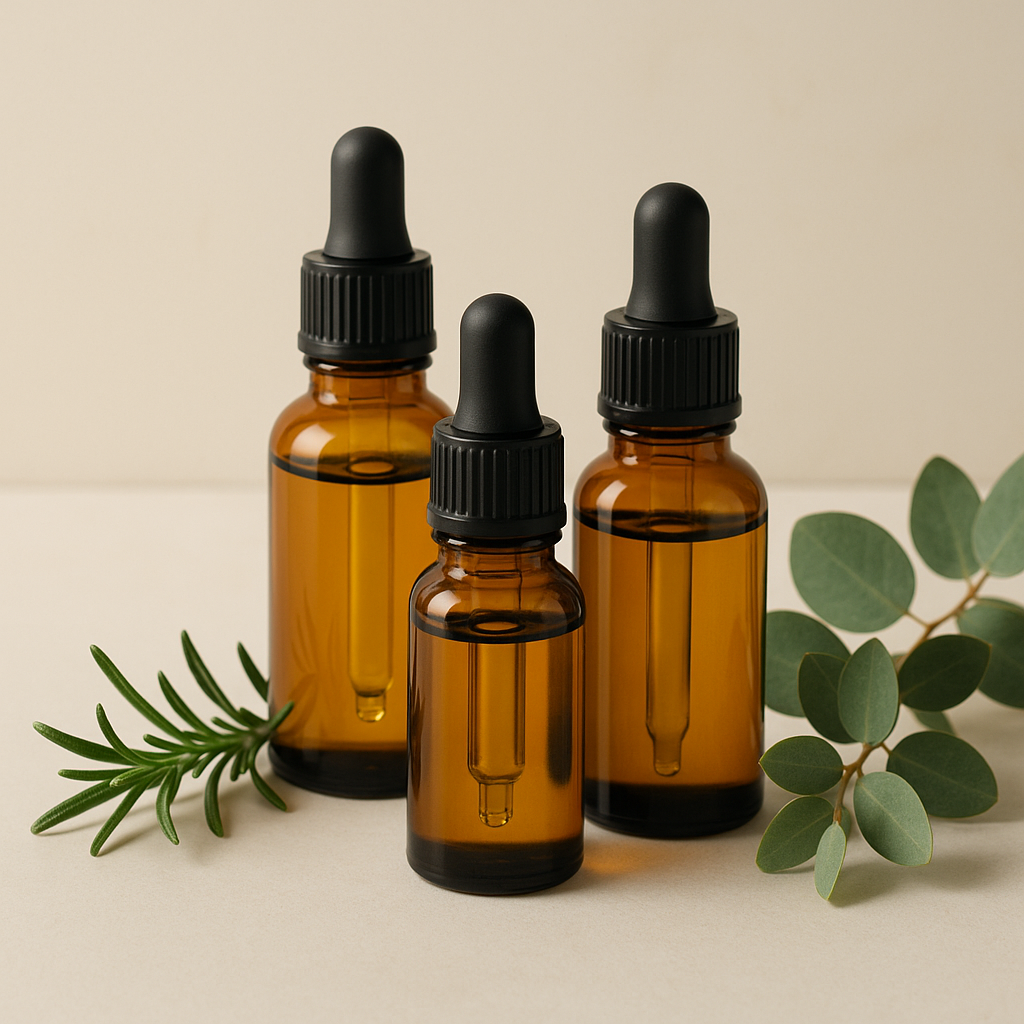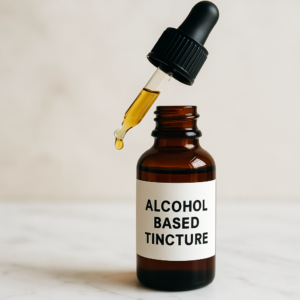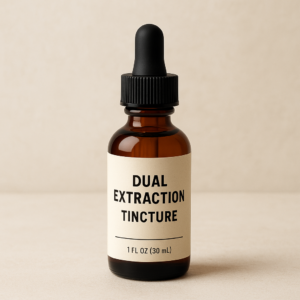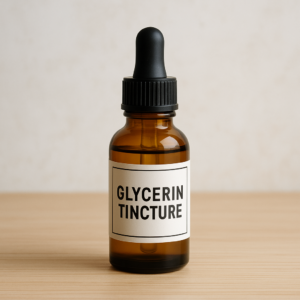Tincture Manufacturing Solution
Introduction
The ancient art and modern science of tincture manufacturing Tinctures are concentrated liquid extracts of herbs or botanicals, typically using alcohol, glycerine, or vinegar as the extraction solvent. Tinctures
A blend of ancient tradition and modern science, tinctures are concentrated liquid extracts of herbs or botanicals, prepared using solvents such as alcohol, glycerine, or vinegar under controlled quality standards.

Send Enquiry
Tincture Manufacturing Solution
Alcohol Based Tinctures
The traditional extraction method using ethanol (25–90%) as a solvent, highly effective for capturing a broad range of plant compounds such as alkaloids, resins, and vitamins. Commonly used for potent herbal extracts including Echinacea, Milk Thistle, Valerian, and Kava.
Dual Extraction Tinctures
A specialized method for medicinal mushrooms such as Reishi, Chaga, Lion’s Mane, and Cordyceps. The process uses hot water extraction to release beta-glucans, followed by an alcohol extraction to capture triterpenes, with both fractions carefully blended for a complete extract.
Glycerine Based Tinctures
Alcohol-free tinctures made with vegetable glycerine as the solvent. Naturally sweet in taste, they are well-suited for children’s formulations and alcohol-free herbal products such as Elderberry and Chamomile.



Packaging, Labeling & Special Content
Primary Packing
Amber Glass Bottles- The industry standard, available in multiple sizes (1oz, 2oz, 4oz). Amber glass protects light-sensitive botanicals from degradation.
Dropper Assemblies- Glass or plastic droppers with graduated markings (0.5ml, 1.0ml) for accurate dosing. Orifice size is matched to the liquid’s viscosity.
Child-Resistant Caps- Essential for alcohol-based tinctures, ensuring product safety and compliance.
Pipettes- Graduated pipettes supplied with larger bottles (100ml+), supporting precise dispensing.
Box Packaging
Folding Cartons- Designed to protect glass bottles, provide space for branding, and include essential regulatory details and documentation.
Mandatory Information- Labels must display product name, net quantity (e.g., 2 fl oz / 60ml), batch number, manufacturing and expiry dates, alcohol content, complete ingredient list, directions for use (e.g., twice daily), warnings, and manufacturer details.
Technical Specifications- Important data often includes extraction ratio (e.g., 1:5), solvent type (e.g., 60% organic ethanol), and herb strength equivalency (e.g., 500mg herb per 1ml) for clarity and compliance.
Additional Content- Labels may highlight features such as “Full-Spectrum Extract,” “Standardized Extract” (e.g., standardized to 0.8% Aucubin), “Alcohol-Free,” “Organic,” or “Shake Well.” QR codes can also be added to give consumers digital access to product information.
Tincture Manufacturing Process
In-Process Control












